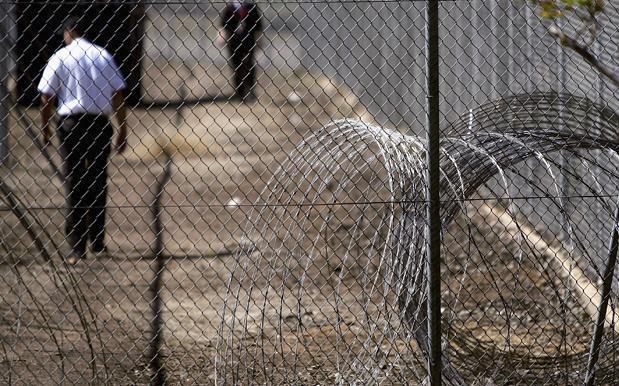
A joint report by Amnesty International and Human Rights Watch has heavily criticised what they describe as intentionally inhumane conditions on Nauru, after sending investigators incognito to inspect the centre.
The report was made without the approval of the Australian Government, who repeatedly ignored and denied requests for the human rights groups to be granted official access.
Amnesty International researcher Anna Neistat says that despite many of the refugees having been integrated into the community, conditions were still appalling:
“What I found on Nauru is what I can only describe as a deliberate, systematic abuse. We’re not talking about individual cases, we’re talking about patterns, and I think it is quite clear — and in fact I don’t think the Australian Government tried very hard to hide it — that essentially they are making an example to prevent further arrivals by boat.”
Human Rights Watch senior counsel Michael Bochenek echoed those claims in his report:
“Driving adult and even child refugees to the breaking point with sustained abuse appears to be one of Australia’s aims on Nauru.”
The report outlines not only the negative effects of the conditions on the island but also the inadequacy of the medical treatment for these effects:
“Prolonged detention in appalling conditions exacerbated the trauma many had suffered from persecution in their home countries and the abuses and other hazards they faced on their journeys to Australia, as the Australian Human Rights Commission and UNHCR, among others, have found.“Refugees and asylum seekers interviewed said they have developed severe anxiety, inability to sleep, mood swings, prolonged depression, and short-term memory loss on the island. Children have begun to wet their beds, suffered from nightmares, and engaged in disruptive and other troubling behavior. Adults and children spoke openly of having wanted to end their lives. However, refugees on Nauru do not receive adequate support or mental health treatment.“The standard of medical care for refugees and asylum seekers on Nauru is also poor. Medical equipment is rudimentary, and specialist medical attention is not regularly available. Dental services are largely limited to tooth extraction.”
The Immigration Department seems miffed that they weren’t consulted about the report, and advised that groups should have contacted them before publicly airing the allegations made in the report.
You can read the full report here.
Source: ABC.
Photo: Getty Images / Ian Waldie.



